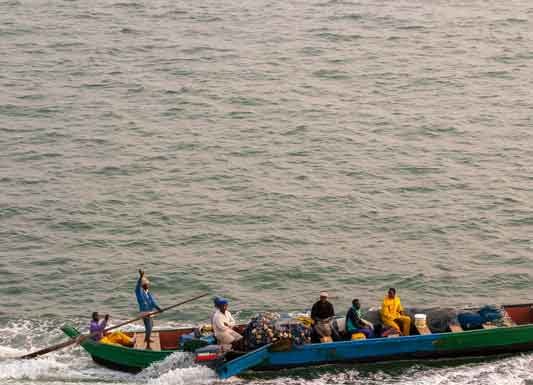On June 10, a catastrophic boating accident in the Democratic Republic of the Congo (DRC) claimed the lives of at least 86 people. The boat capsized on the Kwa River in the Mai-Ndombe province, approximately 43 miles away from the closest city of Mushie.
President Felix Tshisekedi confirmed the accident and shared his condolences with the families and friends of the victims. A statement from the presidency on X clarified, “The President of the Republic is calling for an investigation into the true causes of this incident to prevent such a disaster from happening again in the future.” The statement further noted that the president ordered appropriate actions to aid those affected by the tragedy.
The governor of Mai-Ndombe province, Rita Bola Dula, disclosed that the accident occurred due to night sailing. She told Reuters, “We are in the process of extracting the survivors and other bodies.” The investigation to determine the exact reasons behind the incident is ongoing.
The boat, headed to the capital of Kinshasa with 271 passengers onboard, capsized when after engine failure, it was hit by another vessel. As revealed by Ren Maker, the water commissioner in the Mushi district, 86 passengers lost their lives, while 185 were able to swim to safety.
This recent incident underscores the persistent problem of fatal boat accidents in the DRC, a country where vessels are often overfilled beyond their capacity. Given the lack of paved roads in the central African country, river travel is a frequently used mode of transport across its expansive, forest-covered territory.
Overloading has contributed to many boat accidents in the DRC in the past few years. In February, an overloaded boat sank, resulting in the loss of dozens of lives. Officials in Congo have repeatedly cautioned against such practices and pledged to implement safety protocols for water transport.
“The President sends his condolences to the families and loved ones of the victims,” reiterated the presidency’s statement, stressing the importance of preventive measures. As the country grieves the loss of such a significant number of lives, the focus now shifts to preventing similar incidents in the future.
Efforts are in progress to aid the survivors and support the affected families. Local authorities are tirelessly working to recover and identify the bodies of the victims. Governor Dula affirmed, “We are committed to uncovering the true causes of this incident and ensuring the safety of river travel in our province.”
Despite the geographical and infrastructural challenges that make river travel a necessity for many in the DRC, the frequency of such accidents underscores the need for improved safety standards and regulatory measures.








